The Critical Role of the T7 RNA Polymerase ELISA Kit in Ensuring Quality Control in Biomanufacturing
In the biomanufacturing sector, where precision and stringent oversight are non-negotiable, effective quality control mechanisms form the backbone of production processes. Biopharmaceuticals, including therapeutic proteins and viral vectors, are highly sensitive to even the slightest variations in their production, and any such deviation can have significant downstream consequences. As biomanufacturing focuses increasingly on personalized and high-complexity therapeutics like gene therapies, the quality control measures have to be more robust than ever.
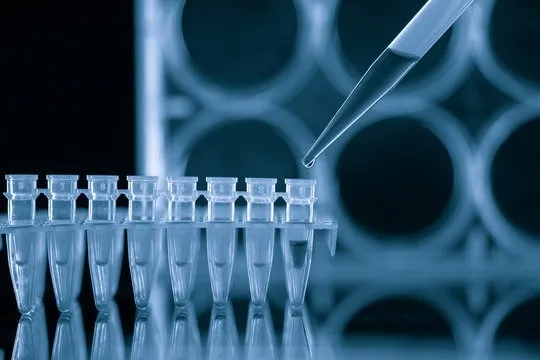
A key player in this space is the T7 RNA Polymerase ELISA Kit, which has emerged as a critical tool for monitoring enzyme activity and ensuring consistent production quality. This enzyme assay provides accurate quantification of T7 RNA polymerase levels in various stages of production, ensuring that critical processes remain tightly controlled.
This blog will explore the significant role the T7 RNA Polymerase ELISA Kit plays in ensuring quality control, with a particular focus on its application in gene therapy production, large-scale bioproduction, and regulatory compliance.
Understanding the Role of T7 RNA Polymerase in Biomanufacturing
What is T7 RNA Polymerase?
T7 RNA polymerase is an enzyme derived from the bacteriophage T7, a virus that infects Escherichia coli. This enzyme is frequently used in molecular biology and biomanufacturing for its high specificity and efficiency in transcribing RNA from DNA templates. The T7 RNA polymerase is particularly efficient at initiating transcription from a specific DNA sequence known as the T7 promoter, making it indispensable in various applications, especially in the field of gene therapy and vaccine production.
The Importance of RNA Transcription in Biomanufacturing
In the production of biopharmaceuticals, particularly those based on viral vectors or therapeutic RNAs, RNA transcription is a critical step. During this process, T7 RNA polymerase facilitates the synthesis of RNA molecules that are essential for the production of viral vectors such as adeno-associated viruses (AAV) and adenoviruses, both of which are commonly used as delivery systems in gene therapy.
Ensuring the precise activity of T7 RNA polymerase is critical because any deviation in the amount of RNA produced can lead to a failure in generating effective viral vectors or therapeutic RNAs. This could compromise both the safety and efficacy of the final product, posing significant risks in terms of patient outcomes and regulatory compliance.
The Role of the T7 RNA Polymerase ELISA Kit in Biomanufacturing
Key Features of the ELISA Kit
The T7 RNA Polymerase ELISA Kit is designed to detect and quantify the presence of T7 RNA polymerase in biological samples with high sensitivity and specificity. As an enzyme-linked immunosorbent assay (ELISA), it uses antibodies that specifically bind to T7 RNA polymerase, enabling manufacturers to precisely monitor the levels of the enzyme throughout the production process. The kit offers several advantages:
– High sensitivity: It can detect minute quantities of T7 RNA polymerase, allowing for early detection of fluctuations in enzyme activity.
– Quantitative results: The ELISA kit provides quantitative data on enzyme levels, which is crucial for adjusting production parameters in real-time.
– Ease of use: The kit is straightforward to use, making it accessible for routine testing in a production environment.
The Importance of Monitoring T7 RNA Polymerase Levels
In biomanufacturing, it is essential to maintain strict control over the levels of enzymes like T7 RNA polymerase. Too little enzyme can lead to insufficient RNA transcription, while too much can result in excessive production of non-functional RNA molecules. Both scenarios can negatively impact the yield, purity, and quality of the final biopharmaceutical product.
By using the T7 RNA Polymerase ELISA Kit, manufacturers can regularly monitor enzyme levels and make real-time adjustments to ensure consistent production quality. This monitoring is particularly important in high-stakes applications like gene therapy, where even slight deviations in RNA levels can affect the therapeutic efficacy of viral vectors.
Mitigating Risks in Gene Therapy Production
The Sensitivity of Gene Therapy Production
Gene therapy is at the cutting edge of modern medicine, offering the potential to treat previously untreatable genetic disorders. However, the production of viral vectors for gene therapy is highly complex and sensitive to variations in RNA transcription. Viral vectors, such as AAVs and adenoviruses, rely on precise RNA templates transcribed by T7 RNA polymerase.
Because gene therapies involve the introduction of genetic material into a patient’s cells, any variation in the quality or quantity of the viral vectors used can have profound implications. For instance:
– Insufficient transcription: This can result in an inadequate number of viral vectors, which may not deliver the therapeutic gene effectively.
– Excessive transcription: Overproduction of viral vectors can lead to impurities or the production of defective vectors, which could potentially elicit adverse immune responses.
The T7 RNA Polymerase ELISA Kit in Gene Therapy
The T7 RNA Polymerase ELISA Kit helps mitigate these risks by providing a reliable method for quantifying T7 RNA polymerase levels during the production of viral vectors. Manufacturers can track enzyme activity throughout the production process and ensure that the appropriate amount of RNA is being transcribed. This tight control over RNA transcription is essential for:
– Ensuring consistent vector potency: By regulating enzyme activity, manufacturers can ensure that viral vectors consistently contain the correct amount of therapeutic RNA, maintaining their effectiveness.
– Enhancing patient safety: Controlling the production process reduces the risk of impurities or defective vectors, minimizing the likelihood of adverse effects.
As gene therapy continues to evolve and expand into new therapeutic areas, the importance of tools like the T7 RNA Polymerase ELISA Kit will only increase.
Ensuring Consistency in Large-Scale Bioproduction
Challenges of Scaling Up Biomanufacturing
One of the biggest challenges in biomanufacturing is scaling up from laboratory research to large-scale production. In the lab, biopharmaceuticals are produced in small batches with tight control over every step of the process. However, when production scales up, maintaining the same level of control becomes significantly more difficult.
This is particularly true for enzymes like T7 RNA polymerase, where small variations in activity can have a large impact on the quality and yield of the final product. Inconsistent enzyme activity can lead to batch-to-batch variability, which is unacceptable in the production of therapeutics that must meet stringent quality standards.
How the T7 RNA Polymerase ELISA Kit Supports Large-Scale Production
The T7 RNA Polymerase ELISA Kit is an invaluable tool for maintaining consistency in large-scale bioproduction. It allows manufacturers to monitor T7 RNA polymerase levels across multiple production batches, ensuring that enzyme activity remains within the desired range. This consistency is crucial for:
– Maintaining product quality: By ensuring that each batch of RNA transcription is consistent, the ELISA kit helps manufacturers produce high-quality biopharmaceuticals that meet regulatory standards.
– Improving process control: Quantitative data from the ELISA kit allows manufacturers to fine-tune production conditions and optimize the use of raw materials, reducing waste and improving efficiency.
– Reducing variability: Consistent enzyme monitoring reduces the risk of batch-to-batch variability, ensuring that patients receive the same high-quality product every time.
A Proactive Approach to Regulatory Compliance
Regulatory Landscape in Biomanufacturing
The biopharmaceutical industry is one of the most heavily regulated sectors in the world. Regulatory agencies like the U.S. Food and Drug Administration (FDA) and the European Medicines Agency (EMA) have strict requirements for the quality, safety, and efficacy of biopharmaceutical products. Manufacturers must demonstrate that their products are consistently produced and meet predefined quality standards.
In this regulatory environment, quality control is not just a best practice—it is a legal requirement. Failure to meet regulatory standards can result in costly delays, product recalls, and even the loss of market authorization.
Supporting Compliance with the T7 RNA Polymerase ELISA Kit
The T7 RNA Polymerase ELISA Kit plays a crucial role in helping biopharmaceutical manufacturers meet regulatory requirements. By providing a validated, quantitative method for monitoring T7 RNA polymerase levels, the kit supports compliance with critical quality attributes (CQAs) that are essential for product approval. Some of the ways the kit supports regulatory compliance include:
– Ensuring consistent quality: Regulatory agencies require manufacturers to demonstrate that their production processes are consistent and that their products meet predefined quality standards. The ELISA kit provides the data needed to show that T7 RNA polymerase activity is consistently within the desired range.
– Supporting documentation for regulatory submissions: Quantitative data from the ELISA kit can be included in regulatory submissions, providing objective evidence of process control and product quality.
– Facilitating audits and inspections: The ability to demonstrate tight control over enzyme activity can help streamline regulatory audits and inspections, reducing the risk of non-compliance.
In addition, by detecting irregularities early in the production process, the ELISA kit enables manufacturers to take corrective action before non-compliance issues arise. This proactive approach to quality control can help avoid costly recalls, production halts, and regulatory penalties
Conclusion: A Vital Tool for Biomanufacturing Excellence
The T7 RNA Polymerase ELISA Kit is far more than just a laboratory tool—it is an essential component of modern biomanufacturing processes. By offering precise, quantitative monitoring of T7 RNA polymerase levels, the kit ensures that biopharmaceutical products are produced consistently and safely. Its role is particularly critical in the production of viral vectors for gene therapy, where even small deviations in RNA transcription can have serious consequences for product efficacy and patient safety.
In large-scale bioproduction, the ELISA kit helps manufacturers maintain consistency across batches, reducing variability and improving overall process control. Moreover, it provides the data needed to support regulatory compliance, helping manufacturers meet the stringent quality standards required by agencies like the FDA and EMA.
As the biopharmaceutical industry continues to evolve and new therapies are developed, the importance of tools like the T7 RNA Polymerase ELISA Kit will only grow. For biomanufacturers, investing in this type of quality control technology is essential for achieving operational excellence and delivering safe, high-quality products to the market.
In an era where patient safety and product efficacy are paramount, the T7 RNA Polymerase ELISA Kit is a critical asset that ensures the reliability, consistency, and regulatory compliance of biomanufacturing processes.


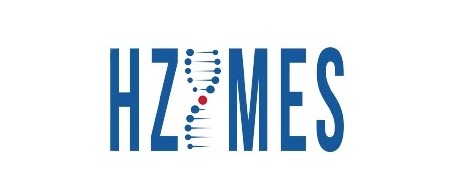
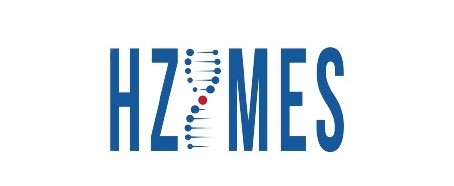
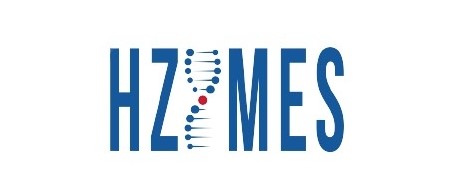
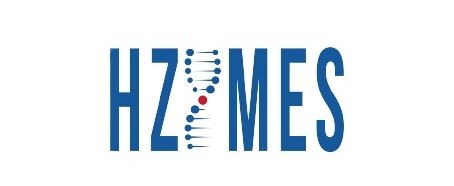
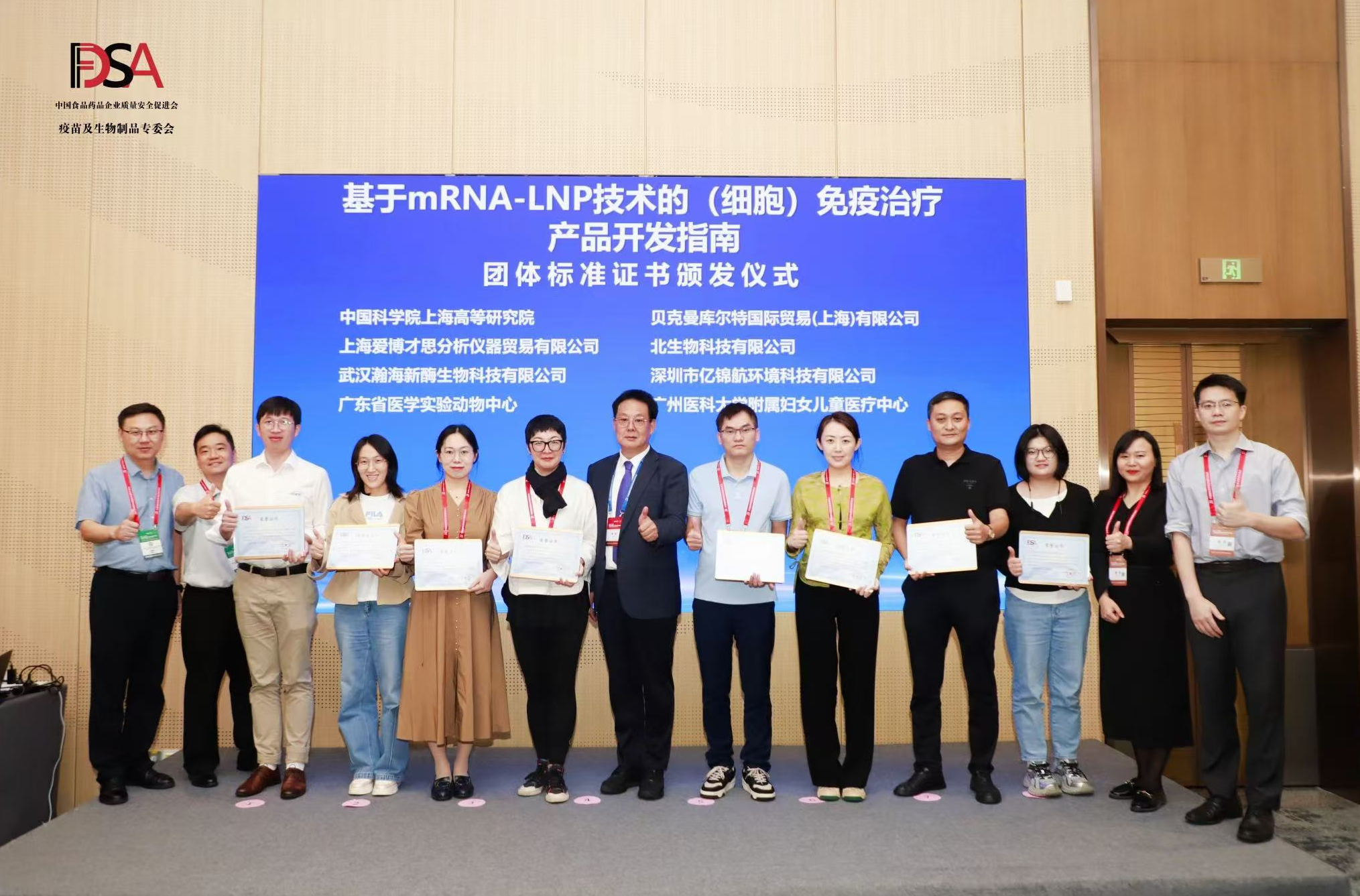
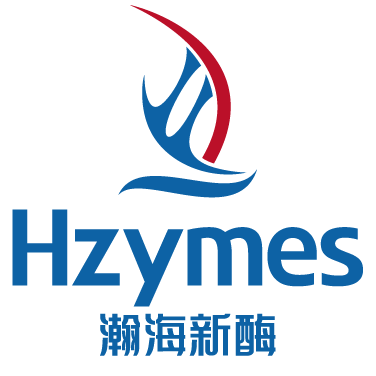



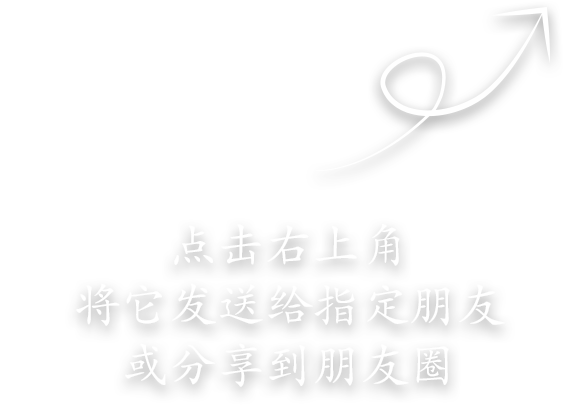
Please first Loginlater ~